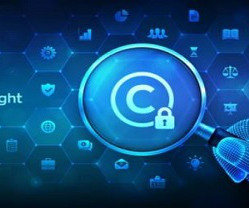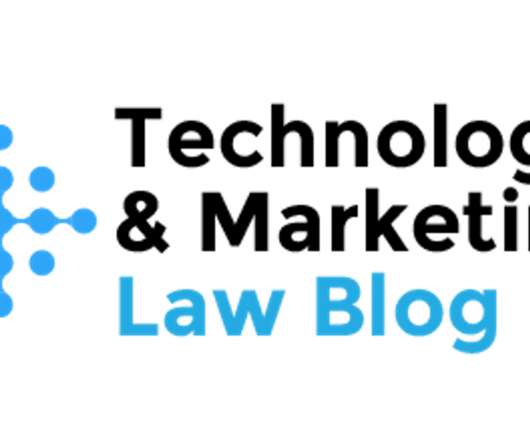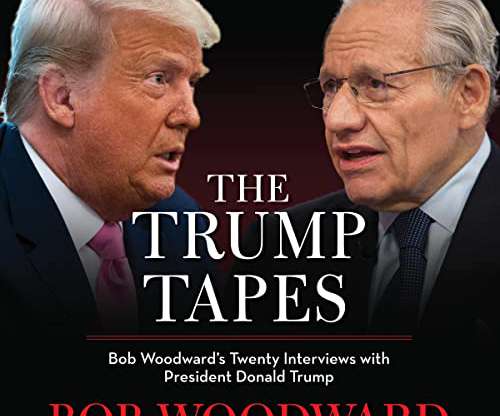Generative AI: admissibility and infringement in the two US class actions against Meta’s LLaMA
Kluwer Copyright Blog
JANUARY 16, 2024
The Cause of Action The cause of action in both cases is the same and can be summarized as follows: Direct Copyright Infringement (17 U.S.C. § LLaMA language models cannot function without the expressive information extracted from the alleged infringed works and the LLaMA language models are themselves infringing derivative works.











Let's personalize your content